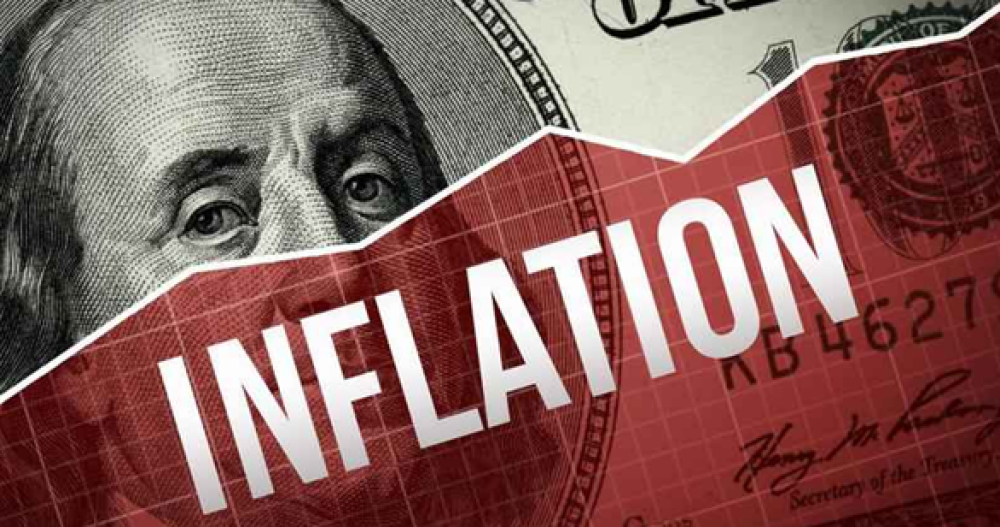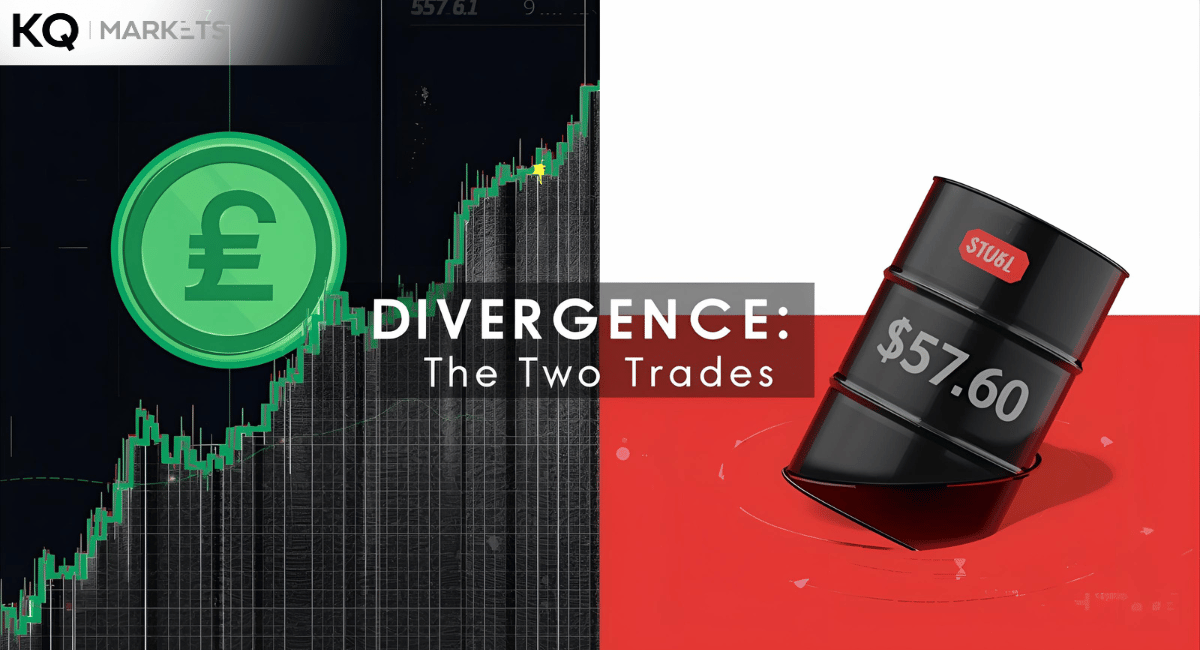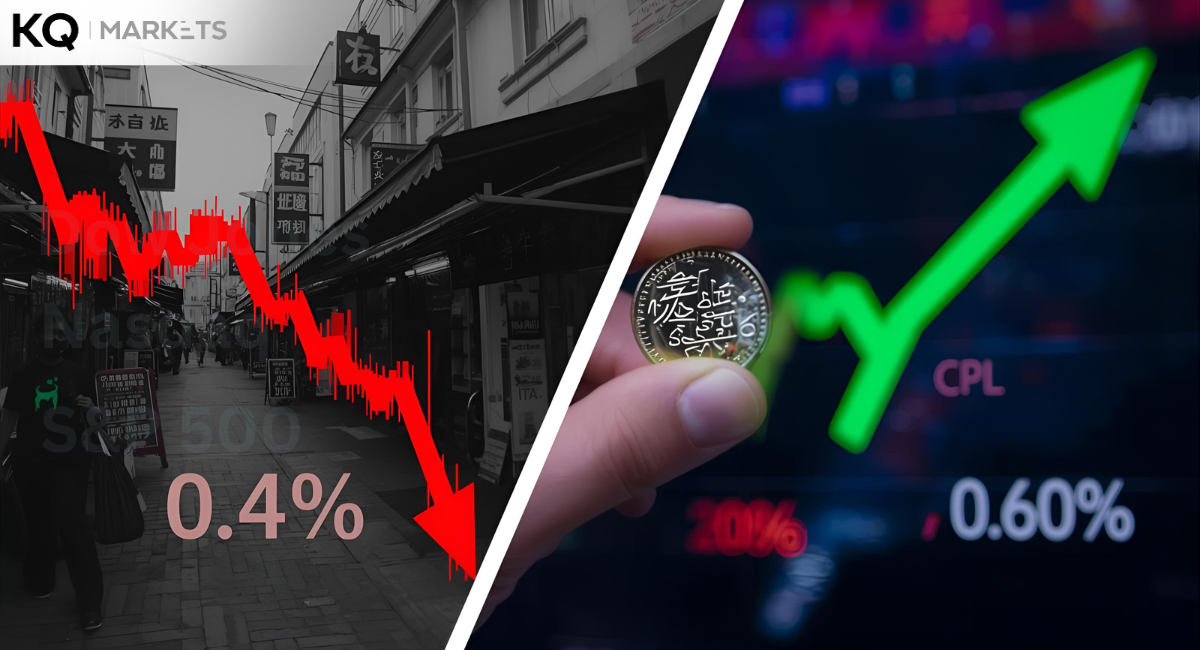Low-fat milk, sugar, and olive oil prices have increased as food shortage fuels inflation in the UK. Thus, food inflation has attained a 45-year high, while retailers warn that the prices for groceries might remain high throughout 2023. UK price inflation dropped from 10.5% to 10.1% in January. The most significant factors resulting in the inflation rate decrease were the slowing cost of living and decreasing fuel prices.
Since inflation measures price increase over time, the ONS (Office of National Statistics) records numerous product prices to calculate the inflation rate. A change in the rate does not necessarily lead to an instant price change, but it impacts money value over time. The current UK inflation rate is five times the 2% target, but the Bank of England expects it to drop further. Grocery prices rose 16.7% in January to mark one of the key drivers impacting overall inflation.
In any case, low-fat milk, sugar, and olive oil rose by over 40%. Co-op Food managing director running over 2,500 stores in the UK has warned consumers to brace up for more challenging times. Inflation is a worldwide challenge that subjects customers to higher retail prices. Meanwhile, Russia's invasion of Ukraine has disrupted the energy and food supply as bills rose over the last year. Summer heat waves hit crops in Spain, resulting in higher olive oil prices recently as the country is a huge exporter.
Reports indicate that the country’s oil production dropped from 1.5 million metric tons to 720,000. On the other hand, Pay rose at a 6.7% annual pace from October to December 2022. The regular pay dropped by 2.5%, adjusted for inflation. Access to housing and household products has become challenging for UK citizens. Yet, the rising cost of tobacco and alcohol has offset the price falls.
The Federal Reserve maintains that the fight against inflation is not over and that the government must halve inflation in 2023 to grow the economy and reduce debt. Generally, many economists believe that the inflation rate will halve naturally with the energy price fall, but the UK government has pledged to control it. Overall, financial experts believe that the drop in inflation has allowed the Bank of England to retain its interest rate at 4% instead of raising it.
The central bank has raised rates for about ten consecutive rounds to curb inflation and price rise. Raising interest rates might help to curb inflation as it makes it expensive to borrow funds. Therefore, people borrow less money and spend less, aiming to save. Above all, the bank must be strategic in its rate rises to avoid an economic recession.





